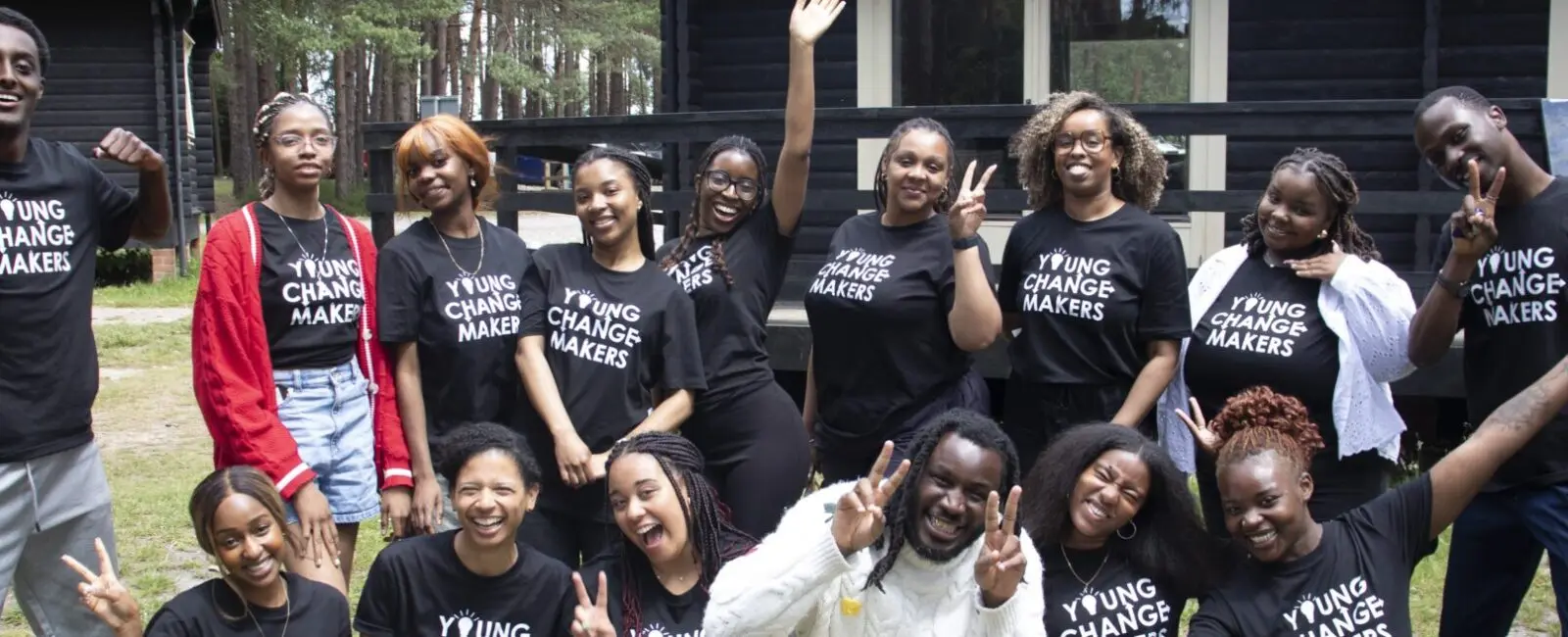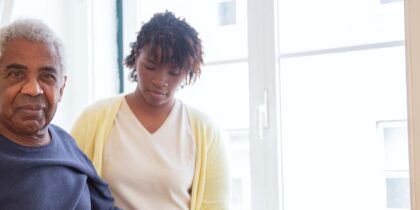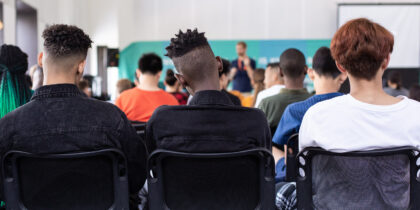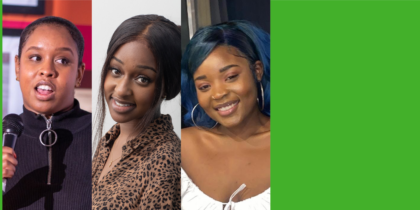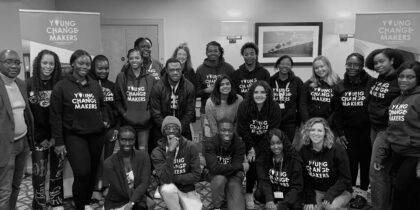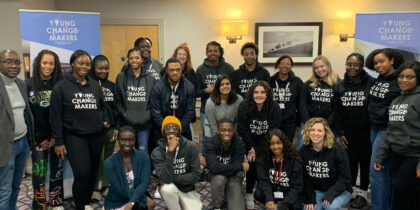Young Changemakers is a programme created by Centre for Mental Health, UK Youth and The Diana Award to equip young people with the tools to produce youth-led social action projects aimed at tackling mental health inequalities in racialised communities.
Mental health among young people from racialised communities
The evidence is clear that young people from racialised communities face inequalities in their experiences and outcomes within mental health:
- Young people from racialised groups are disproportionately exposed to many known risk factors linked with mental health problems. These include being excluded from school, being in care, being involved in the criminal justice system, and being homeless (Youth Justice Board, 2019; Day et al., 2020).
- Black people are four times more likely to be detained under the Mental Health Act than white people (NHS Digital, 2021b)
- Young people from racialised communities reported feeling less recognised and understood when talking to their GP about their mental health needs compared to their white counterparts (Annual GP Satisfaction Survey, 2021)
- Children from racialised communities are less likely than their white peers to access traditional mental health services (Education Policy Institute, 2017). However, they are twice as likely to access mental health support via court orders (social care or criminal justice related orders) (Edbrooke-Childs and Patalay, 2019)
- Young people from racialised communities have seen their mental wellbeing hit disproportionately hard by the Covid-19 pandemic (Abdinasir, 2021).
Read about the Young Changemakers programme in our report ‘A space to be me’
About the Young Changemakers programme
With a vision to promote equality in mental health, and to create culturally competent mental health services that speak to the needs of young people from racialised communities, Centre for Mental Health has partnered with UK Youth and The Diana Award to create the Young Changemakers programme. This is a three-year programme funded by players of the People’s Postcode Lottery and Comic Relief.
A total of 92 Young Changemakers were recruited across three cohorts between autumn 2021 and summer 2024. This included Black and Black mixed-heritage young people from all over the country including Birmingham, Bristol, Manchester, Leeds, London and Luton. These Young Changemakers spearheaded 15 social action projects designed to improve mental health outcomes for young Black people. Their projects have advocated for policy and practice changes and sparked important conversations about mental health within their local communities.
We also worked alongside a total of 26 Co-Producers and 15 Peer Researchers across all of the cohorts to guide the development of the programme and research phase. Alongside the final report, a guide to peer research was coproduced with some of the Young Changemakers.
To address some of the mental health inequalities facing young people from racialised communities, the Young Changemakers programme supported young Black people to develop their own social action projects to address the links between racial injustice and poor mental health. Project focuses included addressing hair discrimination faced by young Black women, tackling racist micro-aggressions in schools, and creating cultural awareness training for GPs and mental health practitioners. Changemakers used creative means to raise awareness and tackle stigma around mental health, producing podcasts, videos, social media campaigns and workshops.
This project provides a roadmap for policy makers to create meaningful change in mental health support for young Black people. It shows how involving young Black people in the design of mental health services and policies can make support more effective, break down barriers, and reduce mental health stigma.
“I joined the Young Changemakers programme because I’m passionate about improvements to mental health, and I believe that, when given a platform, anyone can be capable of bringing about change. The work everyone has been doing has been inspiring, and will help improve mental health services for the next generation, and I believe this briefing reflects that” – Ashleigh Onabajo, Young Changemaker
“I’m honoured to have worked with such an amazing group of people. Partaking in research with like-minded people, alongside the guidance from Centre for Mental Health was something I greatly enjoyed.” – Pleasant Adesiyan, Young Changemaker

